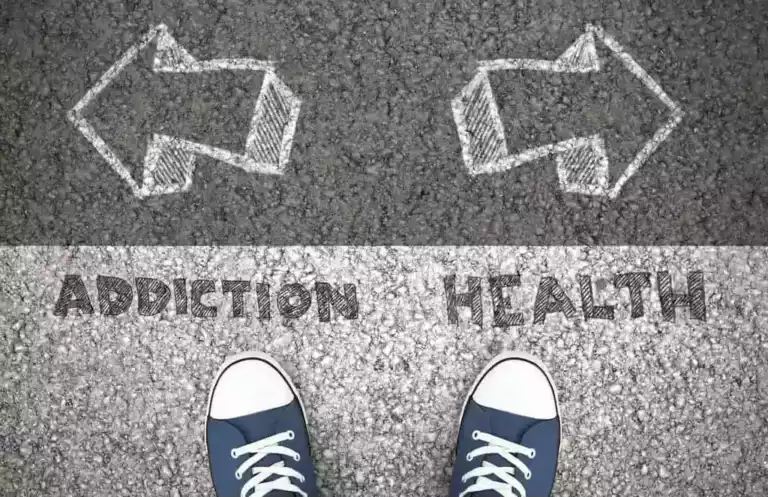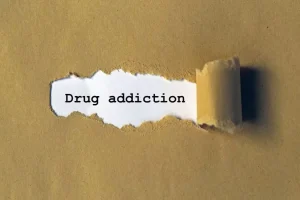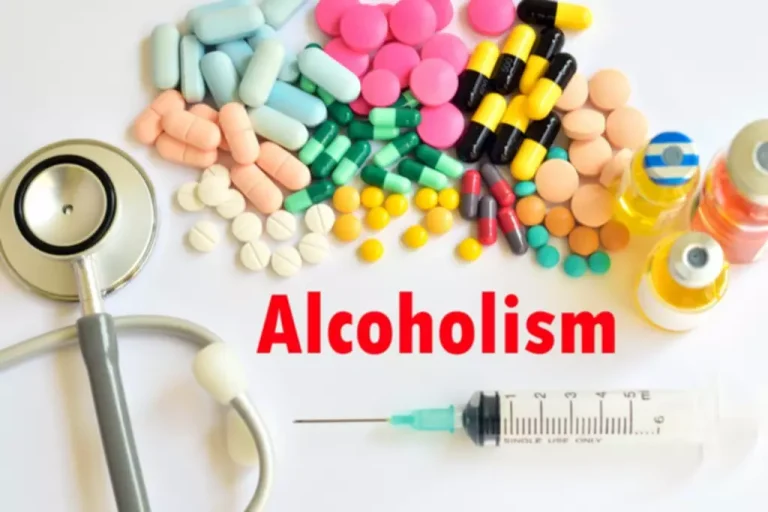21 Jun Common Myths About Alcohol & Underage Drinking

Without preventive tick care, your pet is at risk of contracting these diseases. With spring and summer around the corner, be sure to consult your veterinarian about the safest and most effective tick prevention for your pet’s individual needs. However, rates of drinking are increasing in the older https://ecosoberhouse.com/ Australian adults with 24% of year olds reporting they have never had alcohol down from 29% in 2015. Older Australians are also drinking slightly more with 42% of year olds in 2017 reporting they drink weekly up from 36% in 2015. Ready to learn more about the real effects of drugs and alcohol?

Myths about drinking alcohol you’ll wish you’d known sooner
Alcohol can exacerbate hot flash symptoms, which occur because of disruption to the body’s thermoregulatory zone. Alcohol also interferes with this zone, making the hormone-driven changes worse. If you use alcohol as a way to numb your symptoms of anxiety, this can also make the symptoms worse down the line — due to the fact that you’re not learning how to cope with your emotions properly. Even if you never drank that much when you were young, you can have problems with drinking as you get older. People with higher socioeconomic status may be more likely even to drink more than people from under-resourced communities.
Myth #1: I Do Not Have a Problem Because I Can Hold My Liquor
Many people might think that the body can never recover from addiction even after you stop drinking alcohol, however, this isn’t necessarily true. Though drinking occasionally may not be a possibility, it is possible to overcome alcohol addiction myths about alcoholism and live a normal life after developing this disease. It can be easy to slip back into old drinking habits when you’ve abused alcohol in the past, so it’s important to be realistic with the role of alcohol in your life moving forward.

Top 10 Common Myths About Alcoholism Debunked
Since alcohol affects multiple major organ systems, drinking in excess increases the possibility of health problems in all parts of the body. High tolerance also increases your risk for dependence and addiction. Debunking these common myths about alcohol & underage drinking is crucial for protecting teens’ health and well-being. This misunderstanding may encourage individuals to engage in risky behaviors, such as driving or operating machinery, under the incorrect assumption that they are no longer impaired.
Also, there may be various genetic factors that come into play as to how individuals react to drinking alcohol and whether they are vulnerable to addiction. If you’ve ever heard the phrase that a couple of cocktails can “take the edge off” after a long week at work, you may believe the myth that alcohol can calm you down. And while alcohol can initially make you feel looser and at ease (again, because it’s a depressant), the effects don’t last long.

Myth: Alcohol keeps me warm “beer jacket”.
In a 2010 review of more than 40 researchers, people who responded differently to various kinds of alcohol usually did so to compensate for the anticipated effects. Regardless of what most people think, judging by research from the Substance Abuse and Mental Health Services Administration (SAMHSA), just over a third of youths don’t consume alcohol often. Check out our blog posts and resource links for the latest information on substance abuse. In fact, studies have shown that by completely cutting alcohol out, most organs and body systems are able to partially, if not fully, recover. Alcohol myths not only prevent people from getting the help they need but also reinforce stereotypes about it. Click each of the myths below to show the facts about alcohol.
- On the other hand, for individuals who are still drinking and looking to reduce their alcohol consumption, naltrexone is a cornerstone of the Sinclair Method (TSM).
- We’ll focus specifically on naltrexone following The Sinclair Method.
- Though you might think alcohol addiction can only affect people of a certain age, the reality is anyone can become addicted to the substance.
- Dr. Kling recommends that people going through menopause limit alcohol to one drink a day or less, in addition to eating a balanced diet and exercising regularly.
Myth: I admire a person who can hold their alcohol.
- One of the more stereotype-inducing myths about alcohol abuse is that it only affects a specific age group.
- In fact, a massive study on the global burden of disease, covering 195 countries over more than 25 years, recently determined that there is no safe amount of alcohol.
- This protocol is about using the medication naltrexone to block the endorphin reward that alcohol provides.
- At any stage of alcoholism, you can be successful if you seek alcohol addiction treatment.
- However, it’s a misconception to believe that this prevents intoxication.
People may believe a person must enter treatment voluntarily to be effective, but this isn’t always true. In reality, brain changes that occur with excessive drinking can impair judgment and make a person resist seeking treatment. Family members may need to stage an intervention to convince a person to get help. Depending on how bad their alcohol abuse has been or if medically-assisted alcohol detox will be needed for withdrawal symptoms, entering into a treatment center may be a necessary option. Professional medical staff can assist in the difficult process of withdrawal, making the transition into sobriety less daunting.
Myth 6: All sexes react to alcohol in the same way
The liver metabolizes alcohol at a consistent rate, so mixing drinks does not change how quickly alcohol enters the bloodstream. Similarly, the physical volume of different alcoholic beverages may vary, but the actual alcohol content determines the effect on the body, regardless of whether they are mixed or taken separately. The effectiveness of TSM isn’t limited by the severity of one’s drinking habits.
It’s fun for some people, but there is no medical reason to do it or health benefit from it. But while women may reach the “drunk driving” limit — 0.08 percent blood alcohol — sooner, alcohol can impair driving at much lower blood alcohol levels. So “don’t drink and drive” remains sound advice for everyone. If you are drunk, nothing will help make you sober except time.
Another myth about alcohol addiction is that drinking beer or wine is healthier than hard liquor. Frankly put, abusing any kind of alcohol is not good for your health. Myths about alcohol addiction are misleading and can have far-reaching effects. Common misconceptions about alcohol abuse can discourage people from seeking treatment and perpetuate harmful information. Higher tolerance can lead to higher levels of drinking, which can have negative health effects.


No Comments